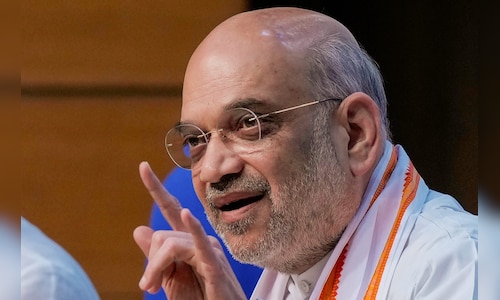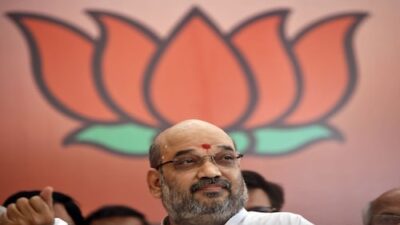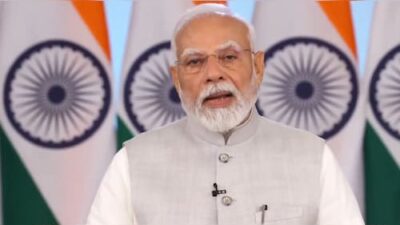This change comes in response to internal resistance from alliance partners Shiv Sena (led by Eknath Shinde) and the NCP (Ajit Pawar faction), both of which are insisting on a bigger share of seats in their strongholds.
According to sources, senior BJP figures, including Union Home Minister Amit Shah, have recognized the impasse. During his recent three-day visit to Maharashtra, Shah engaged in important discussions with both Deputy Chief Ministers—Shinde and Pawar—regarding seat-sharing strategies.
Sources indicate that Shah has now instructed the state BJP unit to prepare for solo contests, especially in the three crucial cities. The drive for independent campaigns arises from unresolved disagreements. In Mumbai, Eknath Shinde is reportedly demanding at least 107 out of 227 seats, pointing to the defection of over a hundred former Shiv Sena corporators from the Thackeray camp in recent years.
These leaders aligned with the Shinde faction in hopes of securing tickets, and the Deputy CM is facing pressure to fulfill these commitments. However, conceding 107 seats to Shiv Sena would limit the BJP’s negotiating power. With other alliance partners like the RPI also involved, BJP leaders worry that their influence and seat tally could diminish significantly.
Importantly, the BJP had secured 82 seats independently in the last BMC election, making it the largest party. Amit Shah has reportedly stated that seat adjustments of this scale are unfeasible without jeopardizing the BJP’s electoral standing. In Pune, Ajit Pawar’s NCP has similarly claimed a substantial number of seats, leaning on its historical presence and organizational strength.
Unlike in Mumbai, however, the NCP does not have a comparable foothold in the metropolis, complicating negotiations further. Sources close to the discussions suggest that Shah has proposed a new strategy—contesting independently in major urban centres like Mumbai, Thane, and Pune while exploring alliances in other regions based on local conditions.
This proposition has been relayed to state leaders, including CM Devendra Fadnavis, who acknowledges the necessity for self-reliance in select constituencies. Meanwhile, the Supreme Court has mandated that local body elections be conducted within the next four months, paving the way for an electoral contest around the monsoon or shortly thereafter.
As both ruling and opposition blocs initiate groundwork, the BJP’s revised strategy marks a new chapter in Maharashtra’s urban political scene. The Mahavikas Aghadi also appears disjointed, providing the BJP with additional motivation to gauge its strength independently in key cities. The coming days may see each Mahayuti partner determining its battleground—united in spirit, yet distinct on the ballot.



